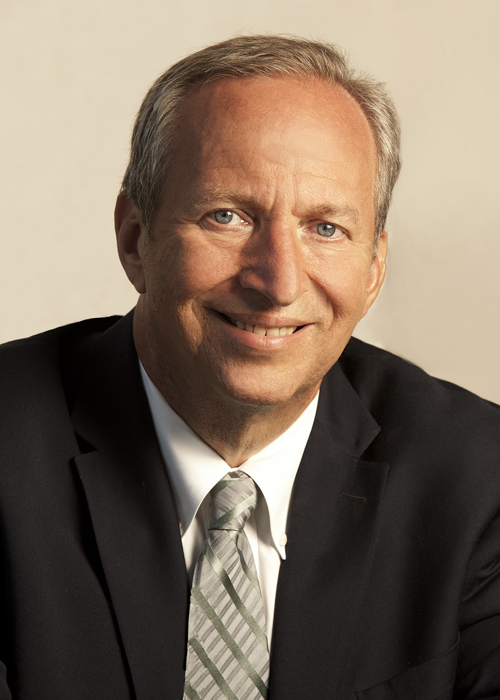10 Surprising Facts About Lawrence Summers That Will Change the Way You Think About Economics!
2025-11-18
- He Was a Teenage Prodigy - Lawrence Summers was a child genius who graduated from the Massachusetts Institute of Technology (MIT) at just 20 years old. His early academic prowess set the stage for a career that would profoundly influence economic policy worldwide.
- He Has a Nobel Legacy - Summers is the nephew of two Nobel Prize-winning economists, Paul Samuelson and Kenneth Arrow. Growing up in such an intellectually stimulating environment undoubtedly shaped his economic philosophies and approaches.
- He Helped Design the Russian Economy - After the fall of the Soviet Union, Summers played a pivotal role in advising the Russian government on transitioning to a market economy. His work in Eastern Europe has had lasting impacts, both praised and criticized, on the region's economic development.
- He Was the Youngest Tenured Professor at Harvard - At just 28, Summers became the youngest tenured professor in Harvard's history, a testament to his extraordinary understanding and contributions to economics.
- He Inspired a Generation of Economists - As a professor and mentor, Summers has inspired countless students who have gone on to become influential economists in their own right, perpetuating his economic philosophies.
- He’s a Prolific Writer - Summers has authored numerous influential papers and articles on economic policy, globalization, and financial markets, shaping debates in academic and policy-making circles around the world.
- He Advocated for Stimulus Before It Was Cool - Long before the 2008 financial crisis, Summers was a vocal advocate for fiscal stimulus as a means to combat economic downturns. His early arguments laid the groundwork for later policy decisions in the U.S. and abroad.
- He’s Not Afraid of Controversy - Summers has never shied away from controversial topics, whether it's his comments on gender differences in academia or his stance on deregulation. His willingness to speak his mind has made him a polarizing figure in economics.
- He’s a Bridge Between Academia and Policy - Unlike many economists who remain in academia, Summers has seamlessly transitioned between academic roles and policy-making positions, including serving as U.S. Secretary of the Treasury and President of Harvard University.
- He Predicted the Dot-Com Bubble - Summers was among the few who foresaw the bursting of the dot-com bubble in the late 1990s, warning of the unsustainable valuations and speculative investments that would lead to a market crash.
Category: Politics | Topic: Lawrence Summers | @Wikipedia
